In the fast-paced and dynamic world of biotechnology, the race to develop groundbreaking therapies and technologies is relentless. Collaboration and partnerships play a pivotal role in advancing research, development, and commercialization efforts in this industry. Biotech licensing deals are a common mechanism used to facilitate these collaborations, where a biotech company grants rights to its intellectual property or products to another entity in exchange for various benefits, such as financial compensation, expertise, or access to complementary technologies. In recent years, the increasing complexity of licensing agreements and the need for efficient and secure information exchange have given rise to the utilization of virtual data rooms (VDRs) as an essential tool in biotech licensing deals.
Understanding Biotech Licensing Deals
Before delving into the role of virtual data rooms, it's essential to comprehend the nature of biotech licensing deals. These agreements involve the transfer of rights of a biotech company's intellectual property, patents, or products to another party. The recipient of the license may be a pharmaceutical company, a research institution, or another biotech firm. The licensing party, often referred to as the licensor, gains several advantages from the deal, such as financial resources, access to specialized knowledge, or an expanded market reach. On the other hand, the licensee gains access to valuable technology or products that can enhance their own research and development efforts or strengthen their product portfolio.
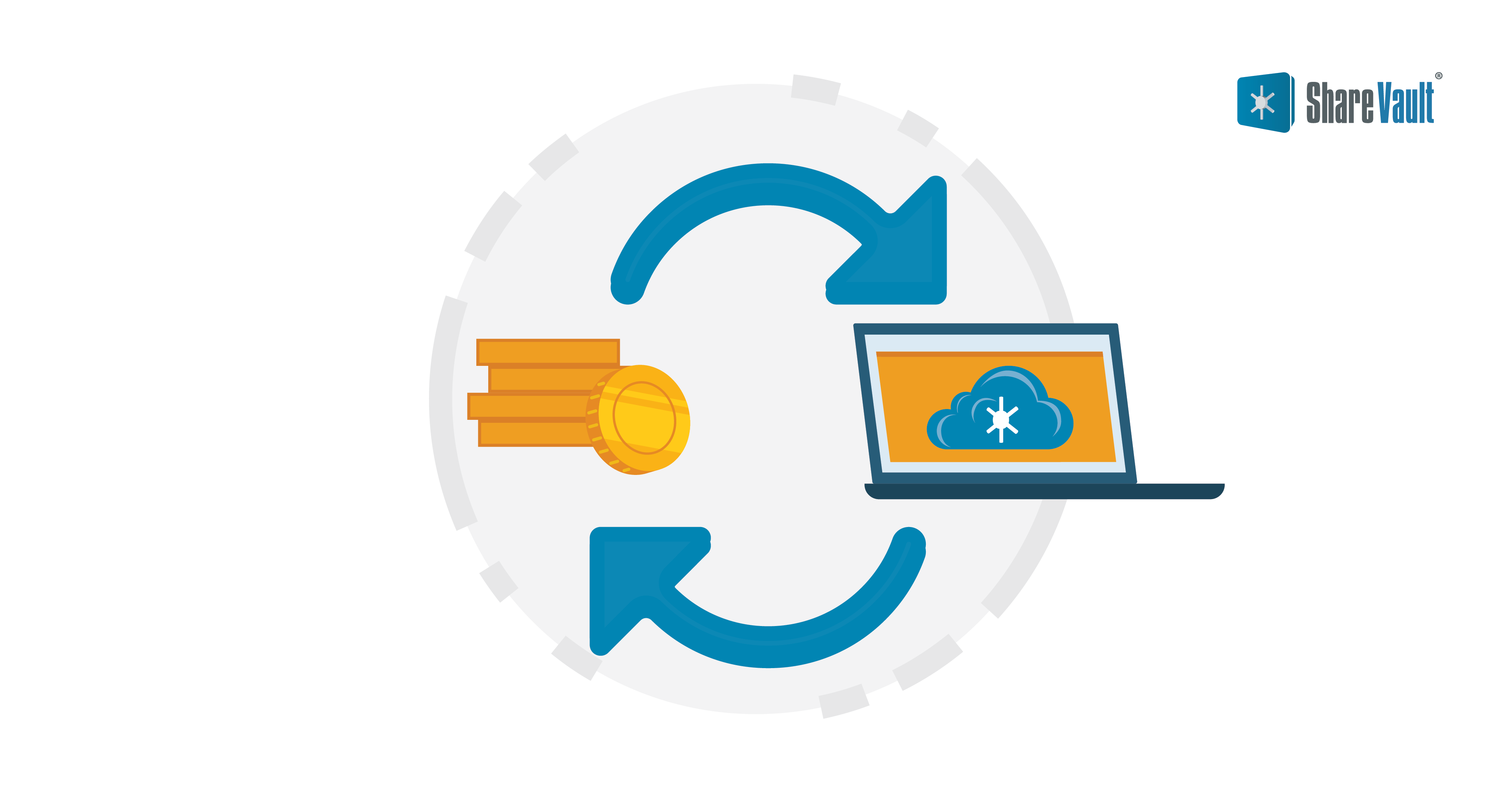
The Role of Virtual Data Rooms
Virtual data rooms have emerged as a critical component in facilitating smooth and successful biotech licensing deals. A virtual data room is an online repository of documents and information that can be securely accessed and shared by authorized parties. It serves as a centralized platform where the licensor can store and share sensitive information related to their intellectual property and products with potential licensees. Here's a closer look at the role of virtual data rooms in biotech licensing deals:
1. Efficient Information Exchange
Licensing deals in biotech involve the exchange of highly sensitive and proprietary information, including patents, pre-clinical and clinical trial data, regulatory documents, and manufacturing processes. Virtual data rooms streamline this process, ensuring efficient and secure information exchange between the licensor and multiple potential licensees. The controlled access feature of VDRs allows the licensor to grant specific permissions to different parties, ensuring that only authorized individuals can view certain documents.
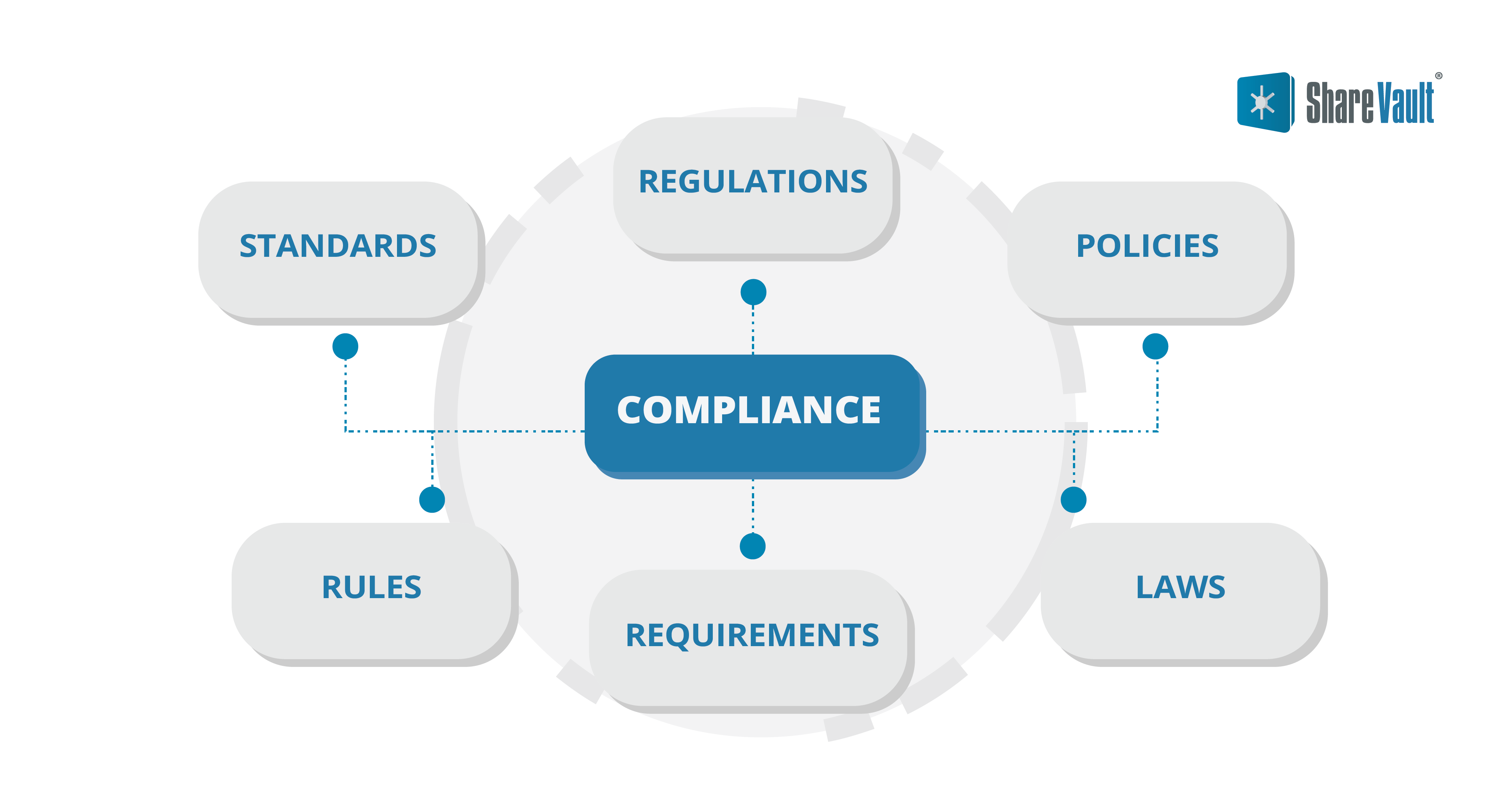
2. Due Diligence Simplification
Before entering into a licensing agreement, both parties engage in due diligence to evaluate each other's assets, capabilities, and potential risks. Virtual data rooms play a pivotal role in this stage by providing a centralized and organized platform where all relevant documents are stored and can be easily accessed by the licensee's due diligence team. This simplifies the process and accelerates the decision-making timeline, which is crucial in the fast-paced biotech industry.
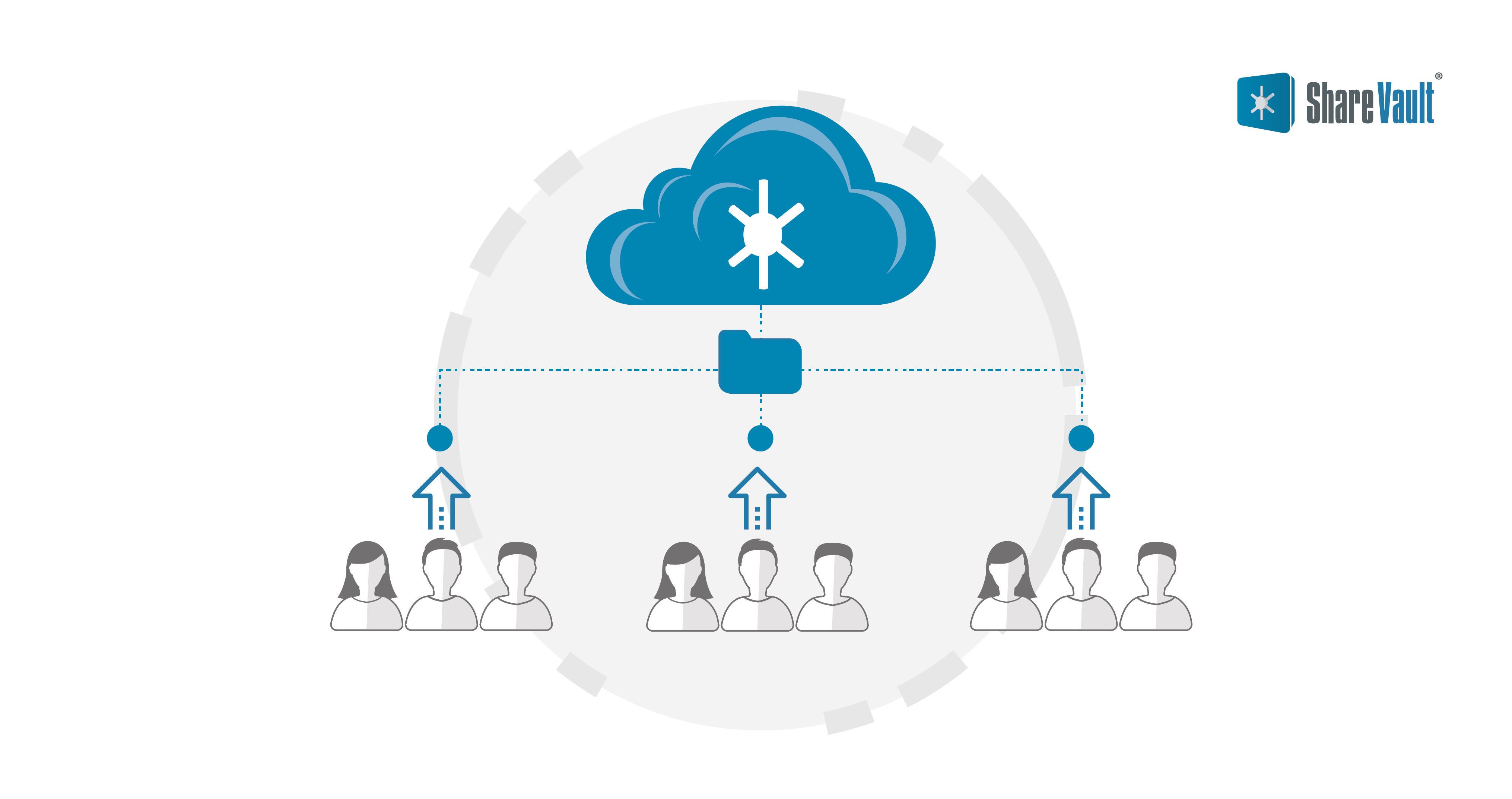
3. Enhanced Security and Confidentiality
Biotech companies deal with highly sensitive and proprietary information, making data security and confidentiality paramount. Virtual data rooms offer robust security measures such as encryption, access controls, watermarks, and audit trails to protect the information from unauthorized access or data breaches. The use of VDRs instills confidence in both the licensor and licensee that their valuable information is secure during the negotiation process.
4. Real-time Collaboration
Virtual data rooms enable real-time collaboration between the licensor and potential licensees, regardless of their geographical locations. This is particularly advantageous in global biotech licensing deals where parties may be operating in different time zones. The ability to collaborate seamlessly enhances communication, minimizes delays, and fosters a more transparent and productive negotiation process.
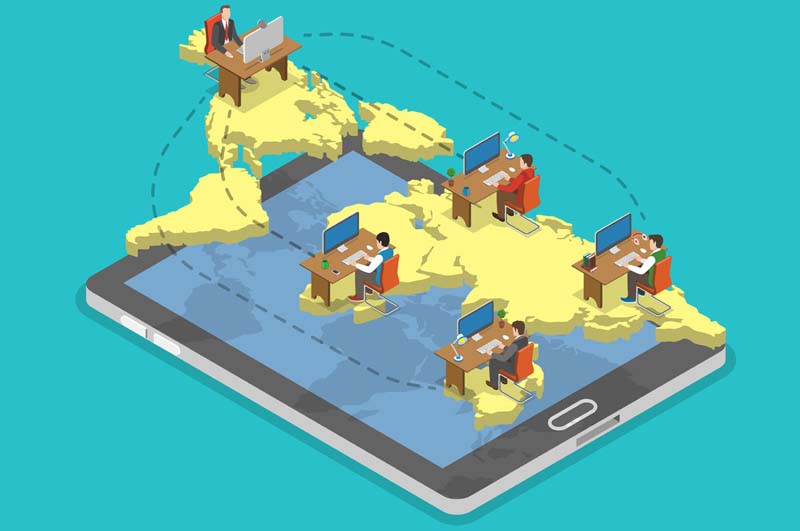
5. Document Version Control
During the negotiation process, multiple iterations of documents may be exchanged between the licensor and licensee. Virtual data rooms provide version control features that help track changes and maintain a clear record of document revisions. This ensures that all parties are on the same page and minimizes the risk of confusion or misunderstandings during the deal-making process.
6. Regulatory Compliance
Biotech licensing deals often involve compliance with various regulatory requirements. Virtual data rooms help maintain compliance by organizing and managing documents according to relevant regulations, making it easier for both parties to ensure that all necessary legal and regulatory aspects are addressed.
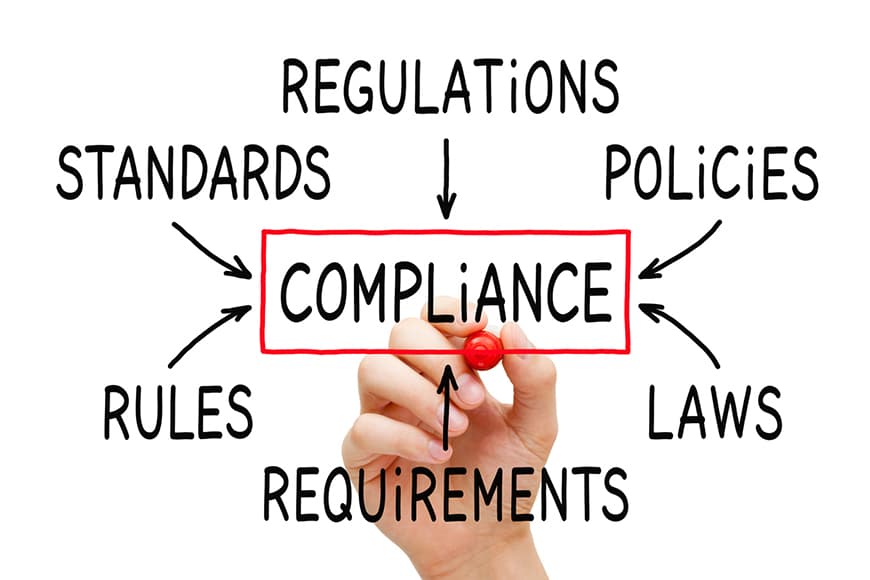
Conclusion
The role of virtual data rooms in biotech licensing deals cannot be understated. These secure and efficient platforms have revolutionized the way information is exchanged, due diligence is conducted, and negotiations are executed. As the biotechnology industry continues to evolve and the complexity of licensing agreements increases, virtual data rooms will remain a vital tool, empowering biotech companies to form successful collaborations that drive innovation and advancements in healthcare and life sciences.
ShareVault has been providing document security solutions for organizations of all types and sizes for over 15 years.
